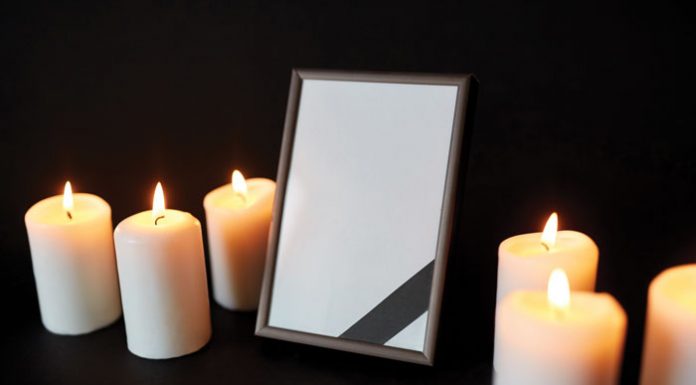Stillness. As Malkie Klaristenfeld looked at the perfect form on the screen, she saw the stillness and she knew. Again. Her baby’s life was over before it began.
After delivery, she was left alone with her daughter, her neshamahle. Malkie wrote about it in her diary: The baby lay near me, completely covered. I didn’t touch the blanket. I just looked at that tiny form concealed under a pure, white blanket… I trembled. Come on, Malkie, I urged myself. You know what these babies look like! You’ve seen hundreds of them! You know how to get acquainted; how to sing to them; how to bond with them…and then…to let them go.
She bentched her baby. A brachah that had to last beyond time. “Ki malachav yetzaveh lach, May the malachim watch over you, my precious little one. They will come with you on this final journey while I, your mother, will stay far, far behind.”
Malky’s experience with loss spans more than 30 years. She has healthy children and grandchildren, baruch Hashem. She also had three stillborns and many early and mid-trimester pregnancy losses.
She says, “The only reason I share what happened to me is as a ‘shout out’ to the world for more sensitivity. This isn’t only my story. It’s the story of thousands who’ve gone through this. Pregnancy loss is a dark and lonely experience. When we speak about it and when we support bereaved families, we show them that their pain matters greatly and that we care.”
Malkie’s earliest childhood memories are of her father getting up every morning at 4:00 a.m.—to learn—and of her parents rushing to help others in need. “My parents taught me to love Hashem and to help people. I saw how they faced challenges. Not with fear. By doing what they had to do. Forward. One day at a time.”
In 1999, long before she launched her own organization, she joined the staff of A-Time and started the Pregnancy Loss Support Program.
A year later, as she left the hospital, again, alone with the heaviness of her empty arms, she thought: I can either bury myself or do more to help others who are going through loss. No one has to be alone in this agony.
She created a care packet for bereaved mothers. She included a spiral-bound booklet of information, a letter of support, chocolates, and a CD with songs of hope. Malkie, a musician who loves to sing, joined with a group of friends to create the CD. The songs produced by this group of talented women are both heart-rending and inspiring, every note crafted through compassion and love.
She trained as a perinatal bereavement coordinator, and became an educational and emotional doula. She explains, “It’s very different from a regular doula who supports a woman through the physical aspects of labor and birth. We’re there to help them say goodbye to their baby. We discuss options with them, such as if they want to see the baby and why. Everyone grieves differently, so they have to make their own choices. The goal is to enable them to feel like mother and father to the child they won’t get to bring home.”
She had a vision of a network of support for bereaved couples, a safe place that could hold their shattered dreams and guide them through the devastation of letting go—with someone who really “got it” there with them, as she’d been for her own stillborns. I saw myself gently pouring water over their tiny little hands. I heard myself reciting Nishmas over them, putting those little fingers over small and unseeing eyes for their first and last Shema.
In 2014, she launched Knafayim.
Knafayim. Wings of hope. “If you are here, we are here, too.” Wings that enable a grieving couple to tap into their shared strength and rise together.





















